EXCLUSIVE: Director Neil Burger is part of a dying breed of filmmakers who still get to make mid-budget, smaller scale human dramas with movie stars as they used to make on-the-reg in decades prior. Films like The Illusionist, Limitless and The Upside put him on the map and kept him there, while the first Divergent was his one big foray into blockbuster territory.
Now he has a new dramatic thriller called The Marsh King’s Daughter, based on the popular novel by Karen Dionne which plays a bit like 2015’s Room if it focused on the aftermath of the mother/child in kept in captivity.
In this case, Star Wars star Daisy Ridley plays Helena Pelletier, a woman who spent her early childhood being raised in the woods by a survivalist nutcase named Jacob Holbrook (Ben Mendelsohn). When Holbrook dramatically escapes from prison, Helena takes it upon herself to protect her own daughter from him.
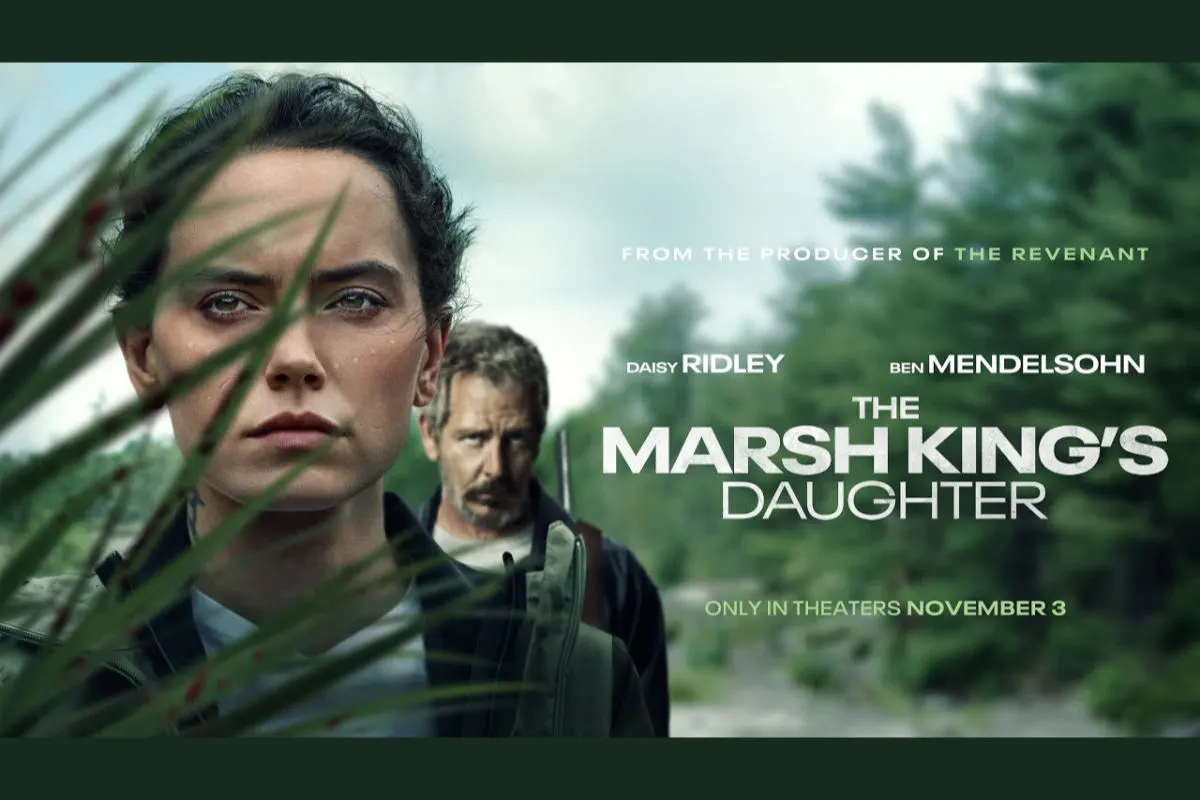
Vital Thrills had the opportunity to speak 1:1 with director Neil Burger about Marsh King’s Daughter, as well as his post-Divergent blockbuster aspirations along with an explanation of why he abandoned Skydance’s sci-fi tentpole Summer Frost after developing it for a time to direct.
The Marsh King’s Daughter opens in the United States on November 3 via Lionsgate and Roadside Attractions. The cast also includes Garrett Hedlund, Caren Pistorius, Brooklynn Prince, and Gil Birmingham.
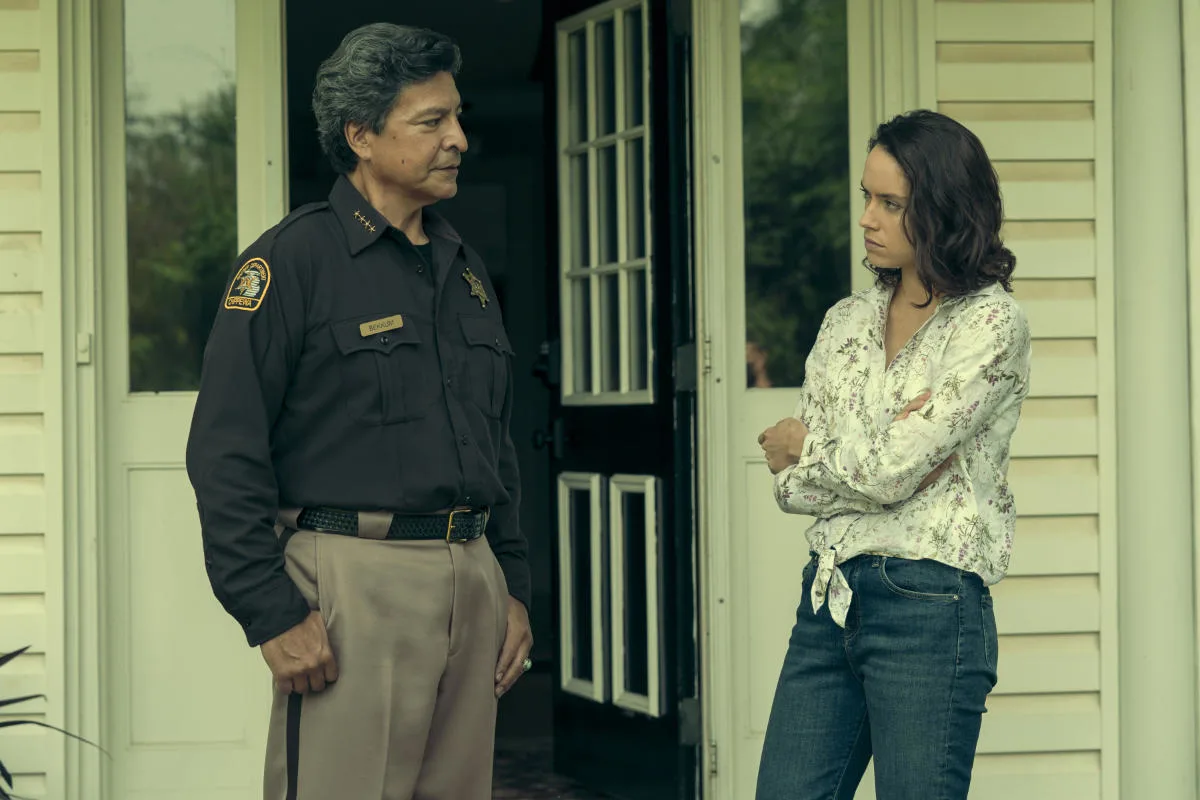
Vital Thrills: This material could so easily fall into the realm of an exploitation movie, but the tone you establish is much closer to the art house than the grindhouse. I’d even describe some of it as Terrence Malick-ian. What steps did you take to avoid this turning into a cliché actioner?
Neil Burger: I don’t think I I took steps to avoid that, I was just interested in certain aspects of it. I was interested in the emotional journey of these characters, the movies, a thriller, but to me a thriller is most exciting, when you are completely connected to the characters and their emotional life. And so for me, then that was critical to bring their emotional life to the front.
And I’m interested in stories about where we come from and families? And are we stuck with our past and what was imprinted on us as a child or as a younger person? And/or can we change? Can we can we free ourselves from whatever, in this case, trauma, she experienced, and become the person that she wants to be.
And so looking at all of that, and, and also wanting to treat the nature in a kind of, you know, in a more primal, almost mysterious way, all of that just kind of that just sort of organized my thinking and my in the way I shot moving the way I directed it.
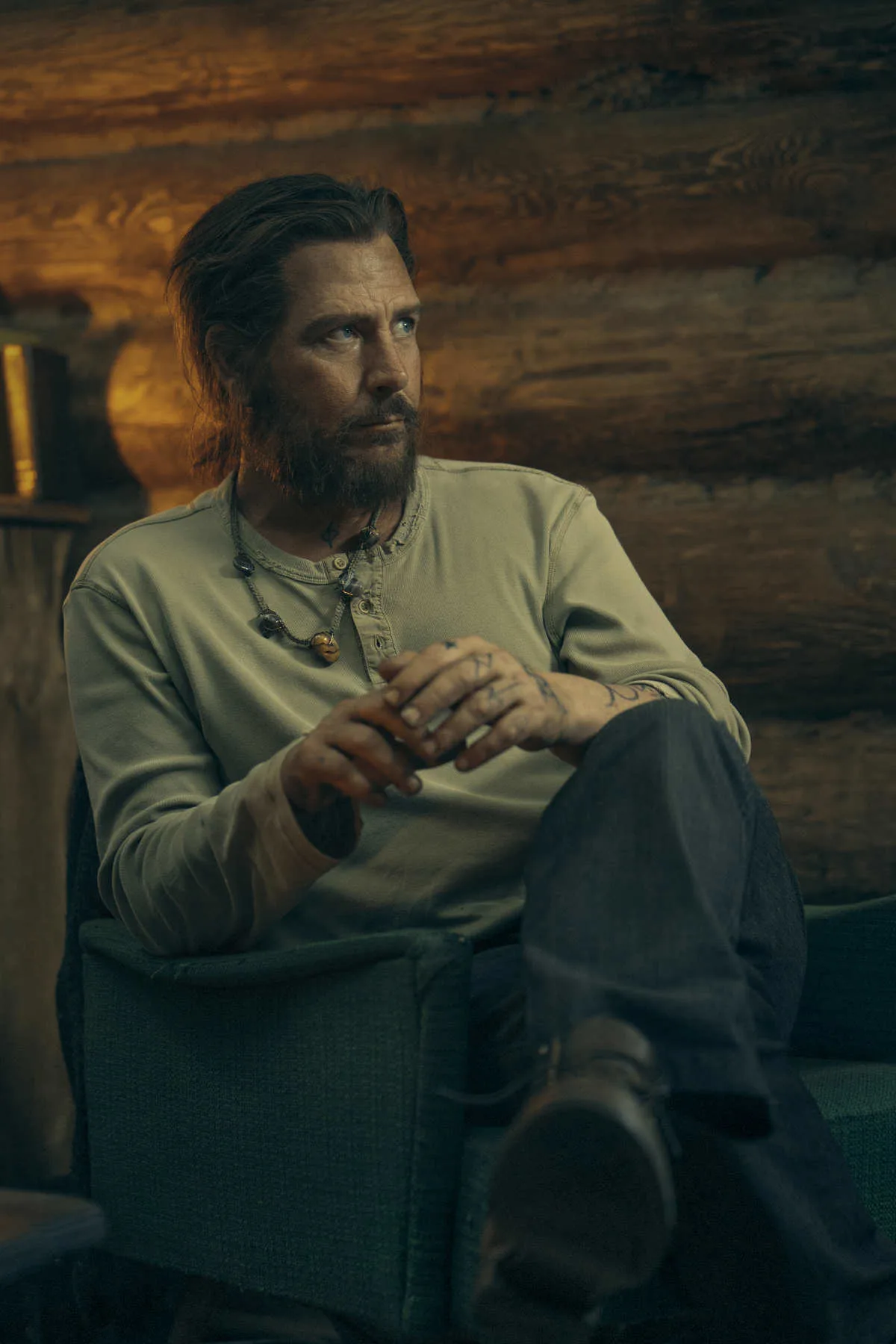
Vital Thrills: What was the biggest change you and your screenwriters made to Karen Dionne’s source material?
Neil Burger: In a strange way, the movie is always focused on Helena’s character, but it actually sort of explored her life. Before Jacob comes back into the picture, her life as an adult is explored a bit more and what it’s like to carry that secret with her because she is a woman with a secret and she’s taken what’s happened to her in the past, and she’s sort of put it in a box and buried it and never told anybody about where she’s from or who her father is.
Any of that. And we I think explored that just a bit more, which I thought was interesting and created an additional traumatic conundrum for her that just put even more pressure on her. Yeah.
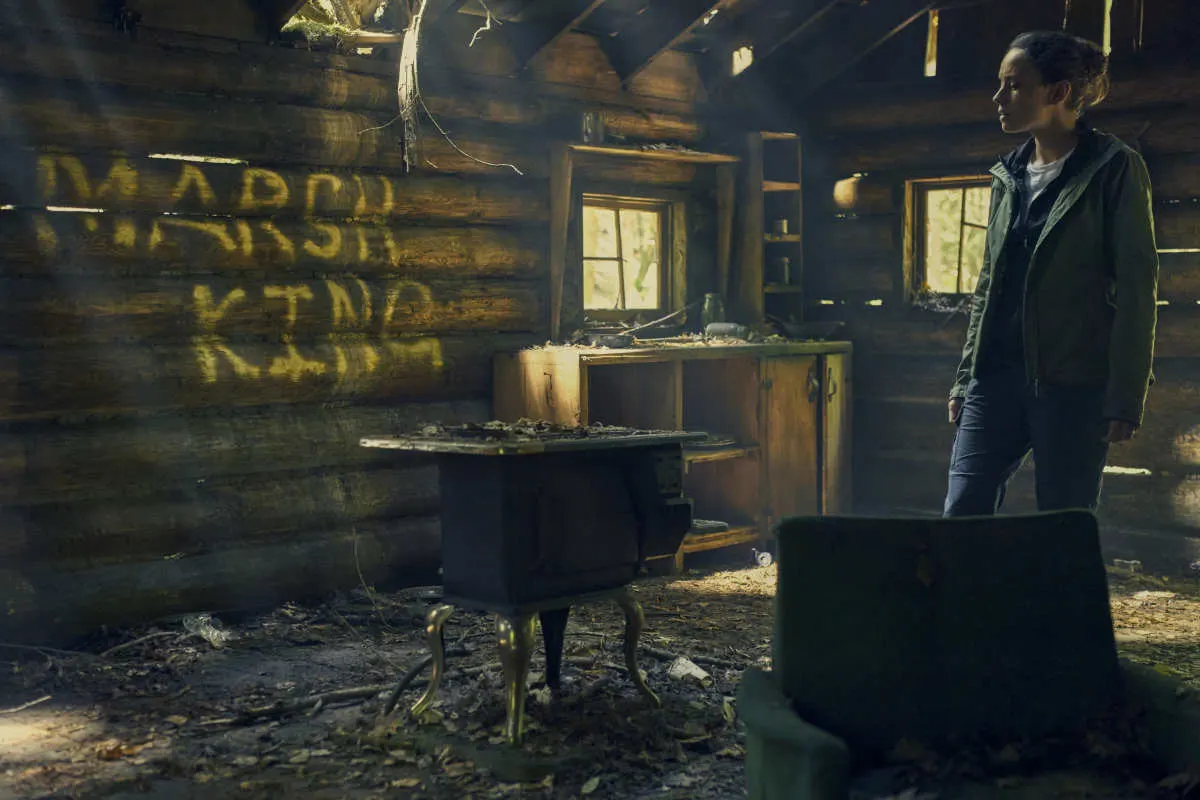
Vital Thrills: I was lucky enough to be on the Chicago set of Divergent years ago. What would you say has kept you from diving into more big tentpole films like that in the years since?
Neil Burger: I think finding the right one that makes sense to me, that’s attractive to me. You know, all my movies are all different. Divergent is different from The Marsh King’s Daughter, which is different from The Illusionist, which is a period piece. They’re all ones in the present, ones in the future, ones in the past, but to me, what connects them is this idea of where do we come from? And can we change their stories of transformation?
Actually, can you can you become the best version of yourself is like Limitless. And in this case, can she kind of shrug off or escape the trauma of her past and transform into the person that she needs to be, so I’m always looking for a story like that. Those seem to be the ones that I click into.
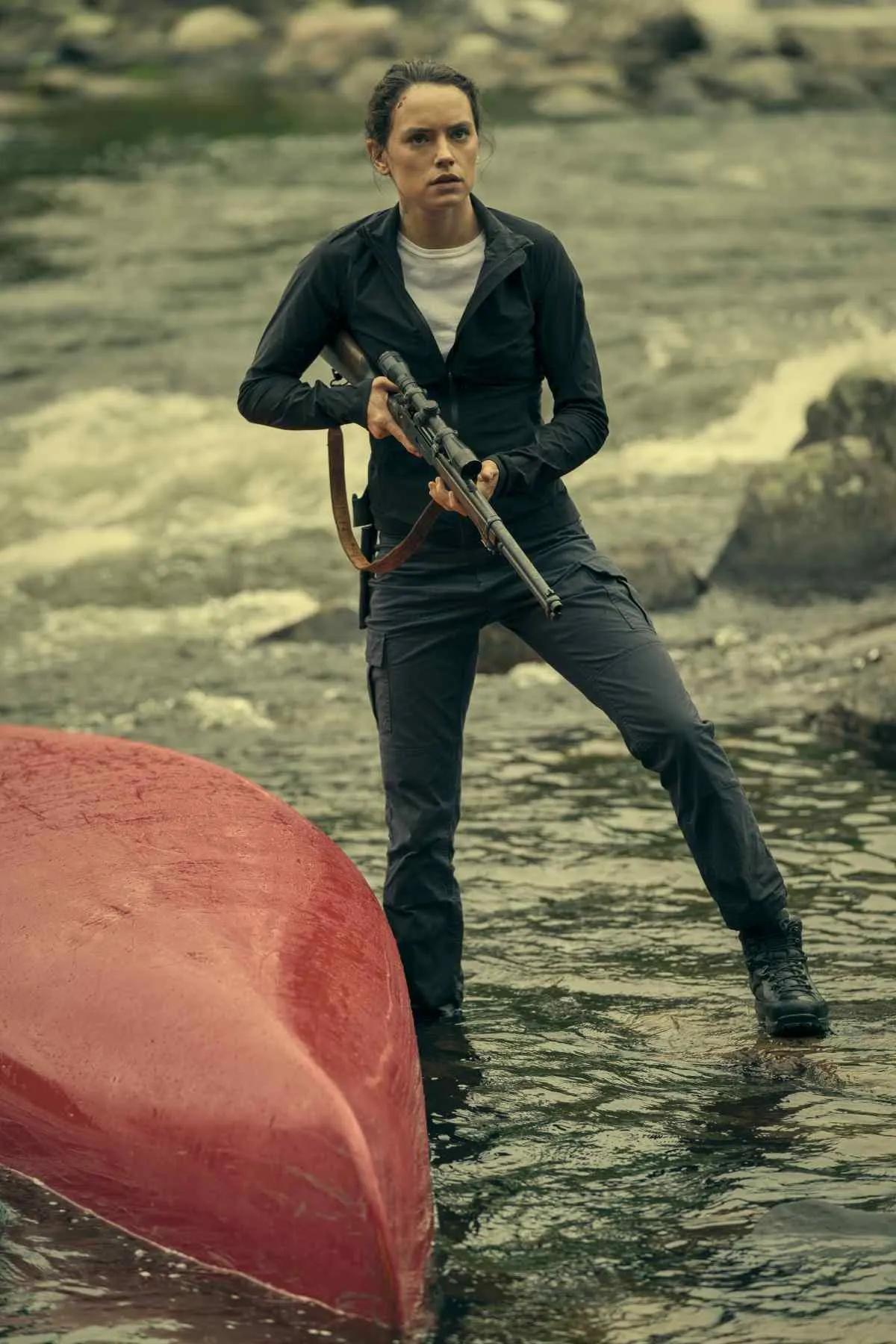
Vital Thrills: Did Free Guy put the kibosh on Summer Frost, which also dealt with a non-player character becoming self-aware?
Neil Burger: A little bit. I felt like I couldn’t quite figure it out. I think they’re still working on it. I couldn’t quite figure out how to make it. I felt like I was starting to see this story more and more. Even though I liked the ideas, suddenly it wasn’t the newest version of it. But I think that they’ll figure it out and make it good, but it turned out it wasn’t gonna be me.
In the tense thriller The Marsh King’s Daughter, a woman with a secret past will venture into the wilderness she left behind to confront the most dangerous man she’s ever met: her father. In the film, Helena’s (Daisy Ridley) seemingly ordinary life hides a dark and dangerous truth: her estranged father is the infamous Marsh King (Ben Mendelsohn), the man who kept her and her mother captive in the wilderness for years.
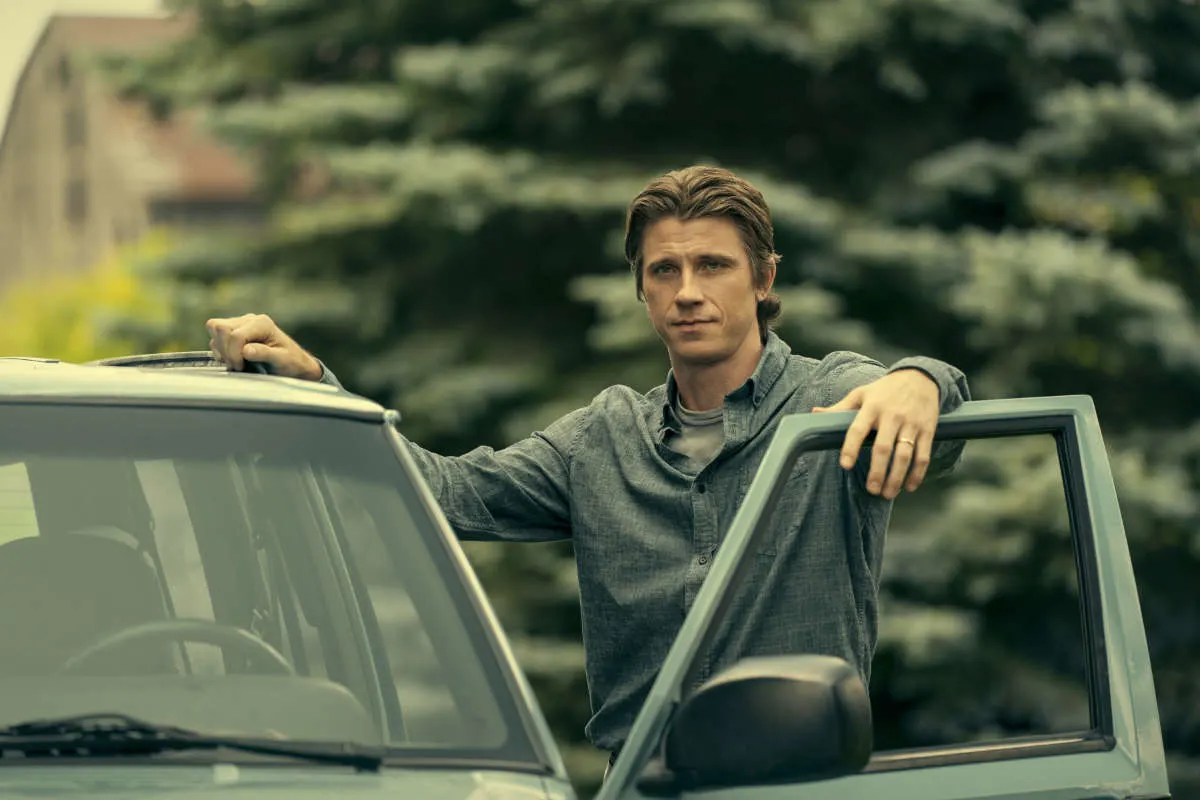
When her father escapes from prison, Helena will need to confront her past. Knowing that he will hunt for her and her family, Helena must find the strength to face her demons and outmaneuver the man who taught her everything she knows about surviving in the wild.
Produced by Black Bear’s Teddy Schwarzman, Anonymous Content’s Keith Redmon, and Mark L. Smith, the movie is directed by Neil Burger (Limitless, The Illusionist, Voyagers). The screenplay is by Elle Smith & Mark L. Smith (The Revenant), based on the book by Karen Dionne. The executive producers are Michael Heimler, Charles Miller, Cliff Roberts, Robert Simonds, Adam Fogelson, John Friedberg, and Samuel J. Brown.
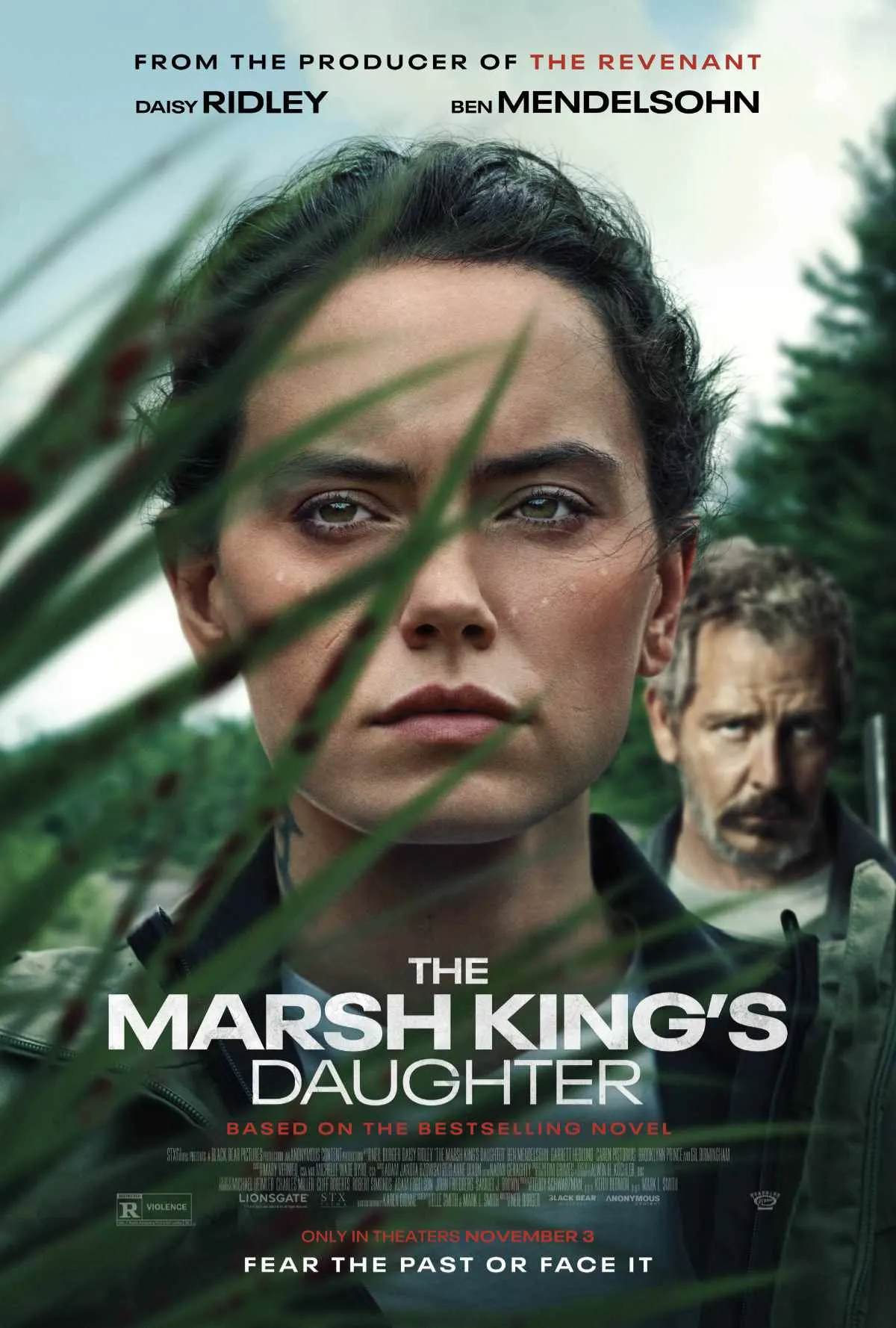
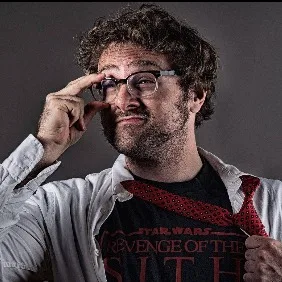
Max Evry has been a film journalist since 2005, serving at various times as a writer, interviewer, graphic designer, podcaster, video creator, features editor, and managing editor. Past media outlets have included MTV, /Film, IGN, and Fangoria. For home video companies Arrow, Kino Lorber, Indicator, and Via Vision, he has provided Blu-ray audio commentaries as well as featurettes for classic and contemporary films, including “Flatliners,” “Blackhat,” and Best Picture Oscar winner “Marty.” In 2023, he released his first book, “A Masterpiece in Disarray: David Lynch’s Dune – An Oral History,” to considerable acclaim.